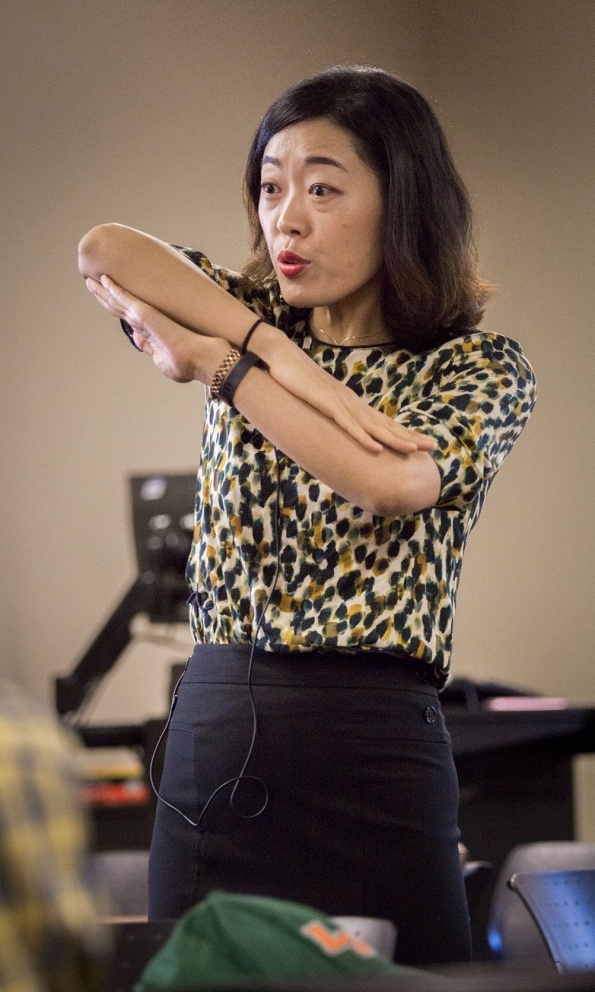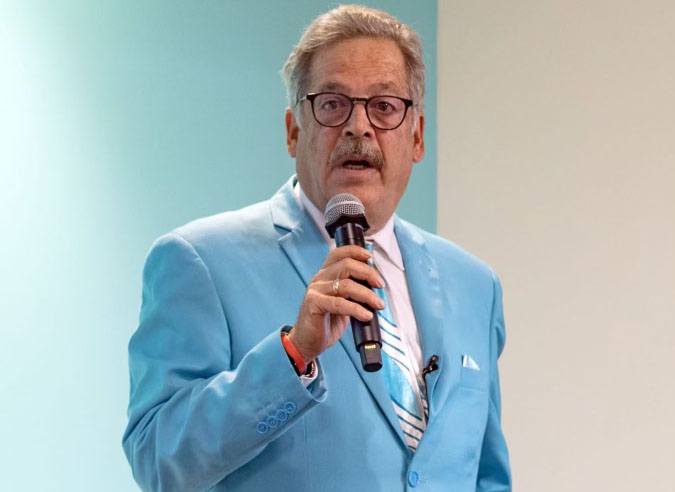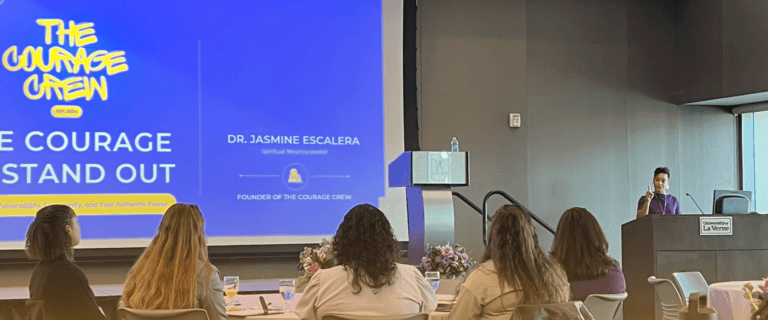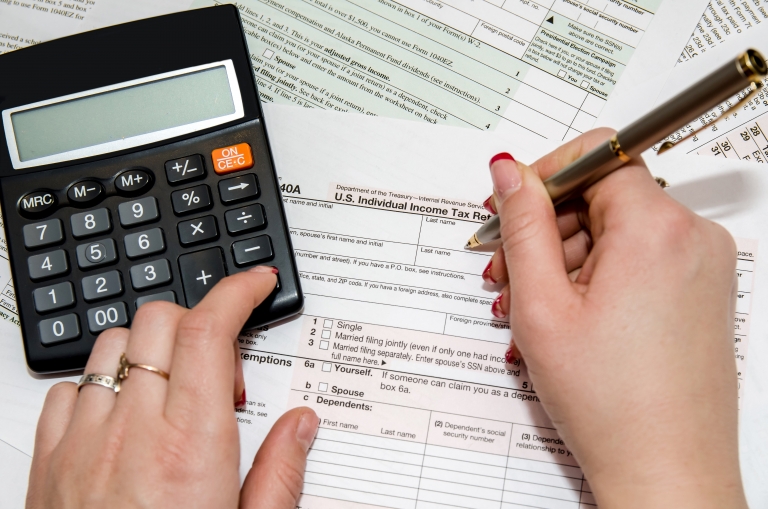Professor Examines Whether Universal Basic Income Could Ease COVID-19 Economic Woes
The COVID-19 pandemic has resulted in a loss of jobs and income for millions of Americans.
As the nation grapples with how to keep its economy afloat, one idea in particular is drawing increased attention, as is the University of La Verne professor who has extensively researched it.
An emergency universal basic income, or UBI, could ease some of the economic pain, said Soomi Lee, associate professor of public administration in the University of La Verne’s College of Business and Public Management.

“It’s a dual challenge, to flatten the curve and to stay home, but if you stay home you can’t make money,” said Lee, an economist, who studies and writes about UBI. “The only solution for me is to give (people) money to stay home.”
Universal basic income as a concept has existed for centuries and involves making periodic cash payments to all residents without any strings attached. Lee recently published an article in LSE US Centre, a blog of the London School of Economics that focuses on American politics and policy, in which she discusses why an emergency UBI makes sense as the U.S. copes with COVID-19.
When people are struggling financially, an emergency UBI could provide some economic relief relatively quickly, certainly faster than applying for unemployment benefits, Lee said
UBI would also help people who are part of the labor force but who are ineligible for unemployment benefits, such as ride-sharing drivers and others working in the gig economy, she said.
The concept of issuing such stipends to members of the public gained popularity in the 1960s and the 1970s, but never really caught on until recently.
In the mid-1970s, Alaska established the Alaska Permanent Fund, which resulted in residents of the state receiving an annual disbursement at the end of each year, Lee said.
“The Alaska Permanent Fund is the purest form close to UBI” in place currently, Lee said.
UBI is controversial. Some oppose it because they believe it will deter people from looking for jobs, she said. Others are opposed to the idea of issuing payments across the board, including to those without financial need.
In March, congress approved the CARES Act 2020, legislation that included funding to be distributed in the form of one-time stimulus checks to the public.
The one-time checks are useful, but the U.S. economy may need more help, Lee said. The economic impact of the COVID-19 pandemic now is bigger than the Great Depression and nobody knows how long this pandemic will last or what new calamities will arise and threaten the economy in the future, so it may be time to consider a permanent UBI, she said.
“With climate change, we should not consider this COVID-19 a once-in-a-lifetime event,” Lee said.
Jack Meek, professor of public administration and director of the Center for Research at the University of La Verne, said Lee’s expertise in
UBI has not only become especially timely in light of the pandemic, but also highlights what distinguishes her as a professor.
“She’s an economist who brings an analytic approach and a human element,” Meek said. “She is always thinking about the best way to use the tools of economics to improve the well-being of everyone.”


